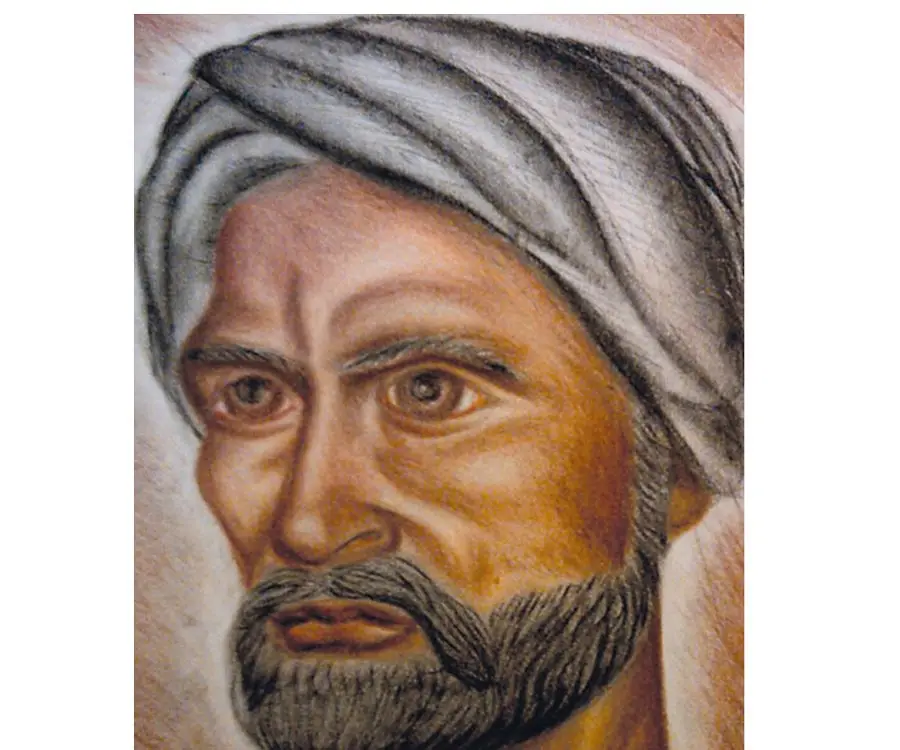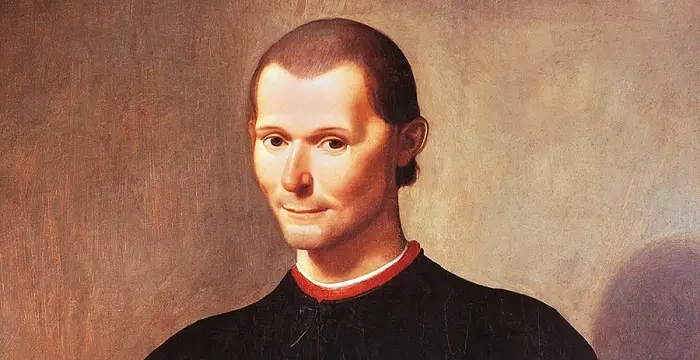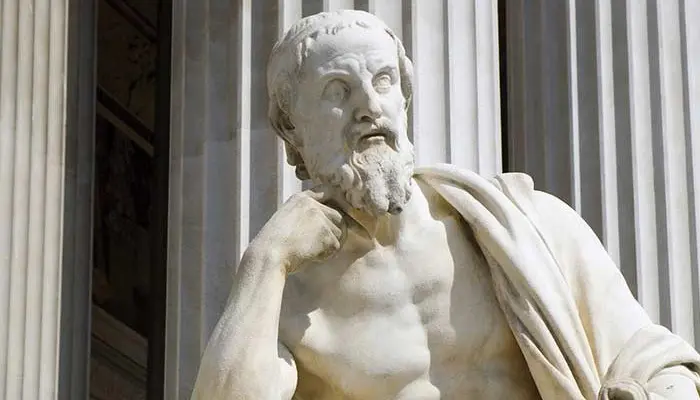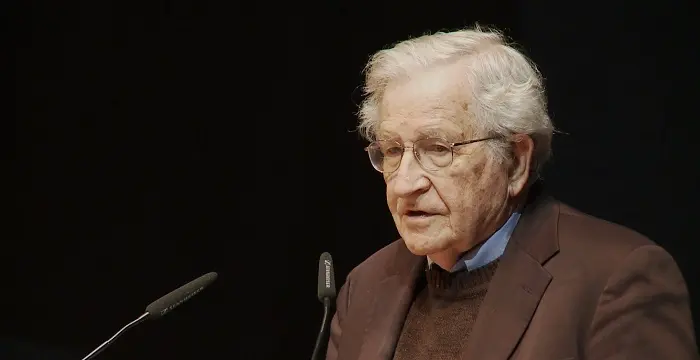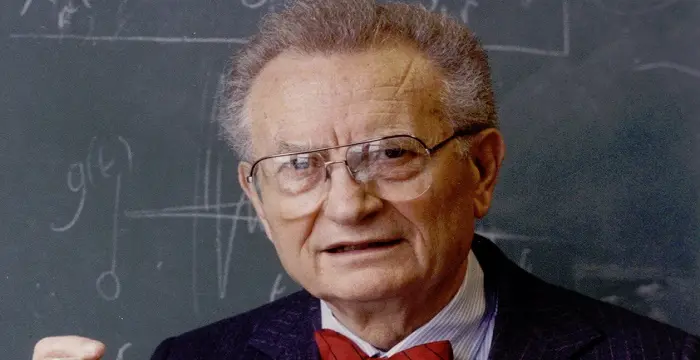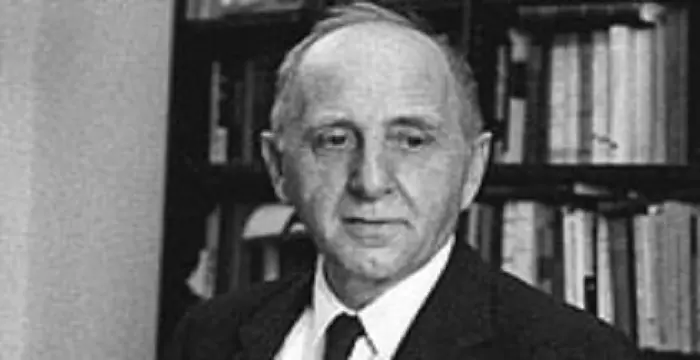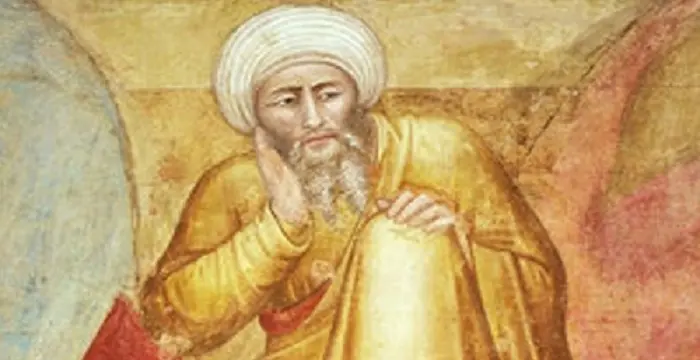
Ibn Khaldun - Historiographer, Career and Family
Ibn Khaldun's Personal Details
Ibn Khaldun was a 14th century Arab Muslim historiographer and historian
| Information | Detail |
|---|---|
| Birthday | May 27, 1332 |
| Died on | March 19, 1406 |
| Nationality | Egyptian, Tunisian |
| Famous | Intellectuals & Academics, Philosophers, Historians, Historiographer |
| Siblings | Yahya Ibn Khaldun |
| Known as | Ibn Khaldūn, Abū Zayd ‘Abdu r-Raḥmān bin Muḥammad bin Khaldūn Al-Ḥaḍrami |
| Birth Place | Tunis |
| Religion | Muslim |
| Gender | Male |
| Father | Muḥammad bin Khaldūn |
| Sun Sign | Gemini |
| Born in | Tunis |
| Famous as | Historiographer |
| Died at Age | 73 |
Ibn Khaldun's photo
Who is Ibn Khaldun?
Ibn Khaldun was a 14th century Arab Muslim historiographer and historian who is regarded as one of the founding fathers of modern sociology, historiography, and economics. In spite of his having lived centuries ago, his life is well documented unlike those of many of his contemporaries about whom not much credible information is available. Born into an upper-class Andalusian family of Arab descent, he received education from some of the best teachers in his city. Naturally intelligent, curious and bright, his education helped to shape him into an intellectual with deep interests in political and societal issues. In spite of being born into a wealthy, high ranking family his young life was fraught with difficulties. He lost both of his parents while still in his teens and then struggled to get himself established in a career. Having embarked on a political career as a young man, he participated in a rebellion which led to his imprisonment. Released later on, he was disillusioned and eventually became a scholar. He authored several works including an autobiography and the book ‘The Muqaddimah’ for which he is best remembered. The book never lost its relevance and historians over the centuries have acknowledged the significance of his works. In view of his invaluable contributions to the fields of historiography and economics, he is considered to be one of the greatest philosophers to come out of the Muslim world
// Famous Philosophers
Martin Buber
One of the greatest philosophers to have ever walked on earth, Martin Buber contributions to philosophy is a long-standing one. Explore all about his profile, childhood, life and timeline here.
Lao Tzu (Laozi)
Lao Tzu was a legendary Chinese philosopher who wrote the important “Daodejing”. This biography profiles his childhood, life, career, achievements and timeline.
Alan Watts
Alan Watts was a famous British philosopher known for his Zen teachings and interpretations of Eastern philosophy. Read more about this great philosopher in the following article.
Childhood & Early Life
He was born on 27 May 1332 in Tunis. He hailed from an upper-class Andalusian family of Arab descent, the Banū Khaldūn. His ancestors had held many high offices in Andalusia and had immigrated to Tunisia later on.
While some members of his family held political offices under the Tunisian Hafsid dynasty, his father and grandfather however withdrew from the political life in order to pursue a mystical order.
Being from a high ranking family he received a quality education. Some of the best teachers in the city were recruited to tutor him and he learned grammar, jurisprudence, hadith, rhetoric, philology, and poetry. His classical Islamic education also included studying the Qur'an which he memorized by heart. He received certification (ijazah) for all these subjects.
He also received lessons in mathematics and philosophy from the famed Al-Abili of Tlemcen, who also taught him logic and introduced him to the works of Averroes, Avicenna, Razi and Tusi.
Tragedy struck the young boy’s family when both his parents perished during an intercontinental epidemic of the plague that hit Tunis in 1348–1349, leaving Ibn Khaldun orphaned at the age of 17.
Career
Since many of his forefathers had held political positions, he too entered into the same profession. When Ibn Tafrakin, the ruler of Tunis called him to be the seal-bearer of his captive Sultan Abu Ishaq, he got the opportunity to experience the inner workings of court politics.
A few years later, in 1352, Abū Ziad, the Sultan of Constantine, marched into Tunis and captured it. Following this, Ibn Khaldun who was by this time disillusioned with his job accompanied his teacher Abili to Fez.
In Fez he found appointment as a writer of royal proclamations under the administration of the Marinid sultan Abū Inan Fares I. However, he was accused of scheming against his employer in 1357 and sentenced to 22 months in prison.
He was granted freedom in 1358 and reinstated in his rank and offices after the death of Abu Inan. He then schemed against Abu Inan’s successor, Abū Salem Ibrahim III, with Abū Salem's exiled uncle, Abū Salem.
Eventually the exiled uncle Abu Salem came to power, and as a token of acknowledging Khaldun’s loyalty, made him a minister.
By this time he had started enjoying his career. He also developed an interest in writing and composed several poems. Eventually he rose to the position of the Chief Justice, a post he showed great ability in.
He was also growing more ambitious with time. A revolt took place in which the Sultan Abu Salem was overthrown by Wazir Omar. He sided with the wazir and soon received a higher pay. He also wanted a higher post, that of the chamberlain, but was refused this position. Angry that his wish was not granted, he resigned from his job.
Eventually he went to Bougie when he was 32 years old. The Hafsid sultan of Bougie, Abū Abdallāh, who was already acquainted with Khaldun as the two had spent time in prison together, received him warmly and made him the Prime Minister.
Abū Abdallāh died in 1366 and Ibn Khaldun allied himself with the Sultan of Tlemcen, Abū l-Abbas. However, the sultan was defeated a few years later by Abu Faris Abdul Aziz who seized the throne and threw Khaldun into a prison.
After being released from the prison he entered a monastic establishment and became involved in scholastic pursuits. During his later years he focused more on writing and did not participate much in political activities.
Major Work
Ibn Khaldun’s best known work is the ‘Muqaddimah’, also known as the ‘Muqaddimah of Ibn Khaldun’ which records an early view of universal history. The work is regarded by some modern thinkers as the first work dealing with the philosophy of history or the social sciences of sociology, demography, historiography, cultural history, social darwinism, marxism, and economics.
Personal Life & Legacy
He got married at a young age and had children. However, he suffered a terrible tragedy when in 1384, a ship carrying his wife and children sank off the coast of Alexandra.
Ibn Khaldun spent his later years in Egypt and died on 19 March 1406 in Cairo.
// Famous Historians
Niccolò Machiavelli
Niccolo Machiavelli was an Italian politician, historian and philosopher who is widely known as a founder of modern political science.
Herodotus
Herodotus was a Greek historian widely referred to as 'The Father of History'. This biography of Herodotus provides detailed information about his childhood, life, achievements, works & timeline.
Noam Chomsky
Chomsky is an American linguist, political theorist, and activist, often referred to as "the father of modern linguistics”. Check out this biography to know about his childhood, family life, achievements and other facts related to his life.
Ibn Khaldun biography timelines
- // 27th May 1332He was born on 27 May 1332 in Tunis. He hailed from an upper-class Andalusian family of Arab descent, the Banū Khaldūn. His ancestors had held many high offices in Andalusia and had immigrated to Tunisia later on.
- // 1348 To 1349Tragedy struck the young boy’s family when both his parents perished during an intercontinental epidemic of the plague that hit Tunis in 1348–1349, leaving Ibn Khaldun orphaned at the age of 17.
- // 1352A few years later, in 1352, Abū Ziad, the Sultan of Constantine, marched into Tunis and captured it. Following this, Ibn Khaldun who was by this time disillusioned with his job accompanied his teacher Abili to Fez.
- // 1357In Fez he found appointment as a writer of royal proclamations under the administration of the Marinid sultan Abū Inan Fares I. However, he was accused of scheming against his employer in 1357 and sentenced to 22 months in prison.
- // 1358He was granted freedom in 1358 and reinstated in his rank and offices after the death of Abu Inan. He then schemed against Abu Inan’s successor, Abū Salem Ibrahim III, with Abū Salem's exiled uncle, Abū Salem.
- // 1366Abū Abdallāh died in 1366 and Ibn Khaldun allied himself with the Sultan of Tlemcen, Abū l-Abbas. However, the sultan was defeated a few years later by Abu Faris Abdul Aziz who seized the throne and threw Khaldun into a prison.
- // 1384He got married at a young age and had children. However, he suffered a terrible tragedy when in 1384, a ship carrying his wife and children sank off the coast of Alexandra.
- // 19th Mar 1406Ibn Khaldun spent his later years in Egypt and died on 19 March 1406 in Cairo.
// Famous Intellectuals & Academics
Bertil Gotthard Ohlin
Bertil Gotthard Ohlin was a famous Swedish economist. This biography profiles his childhood, family life & achievements.
Emily Greene Balch
Emily Greene Balch was an American economist, sociologist and pacifist who won the 1946 Nobel Peace Prize. This biography of Emily Greene Balch provides detailed information about her childhood, life, achievements, works & timeline.
Martin Buber
One of the greatest philosophers to have ever walked on earth, Martin Buber contributions to philosophy is a long-standing one. Explore all about his profile, childhood, life and timeline here.
Paul Samuelson
Nobel laureate Paul Anthony Samuelson is referred to as the ‘Father of Modern Economics’. This biography profiles his childhood, life, career, achievements and interesting facts about him.
Lao Tzu (Laozi)
Lao Tzu was a legendary Chinese philosopher who wrote the important “Daodejing”. This biography profiles his childhood, life, career, achievements and timeline.
Simon Kuznets
Simon Kuznets was a noted Russian-American economist, statistician, demographer, and economic historian. Check out this biography to know about his childhood, family life, achievements and other facts related to his life.
Ibn Khaldun's FAQ
What is Ibn Khaldun birthday?
Ibn Khaldun was born at 1332-05-27
When was Ibn Khaldun died?
Ibn Khaldun was died at 1406-03-19
Where was Ibn Khaldun died?
Ibn Khaldun was died in Cairo
Which age was Ibn Khaldun died?
Ibn Khaldun was died at age 73
Where is Ibn Khaldun's birth place?
Ibn Khaldun was born in Tunis
What is Ibn Khaldun nationalities?
Ibn Khaldun's nationalities is Egyptian, Tunisian
Who is Ibn Khaldun siblings?
Ibn Khaldun's siblings is Yahya Ibn Khaldun
What is Ibn Khaldun's religion?
Ibn Khaldun's religion is Muslim
Who is Ibn Khaldun's father?
Ibn Khaldun's father is Muḥammad bin Khaldūn
What is Ibn Khaldun's sun sign?
Ibn Khaldun is Gemini
How famous is Ibn Khaldun?
Ibn Khaldun is famouse as Historiographer
